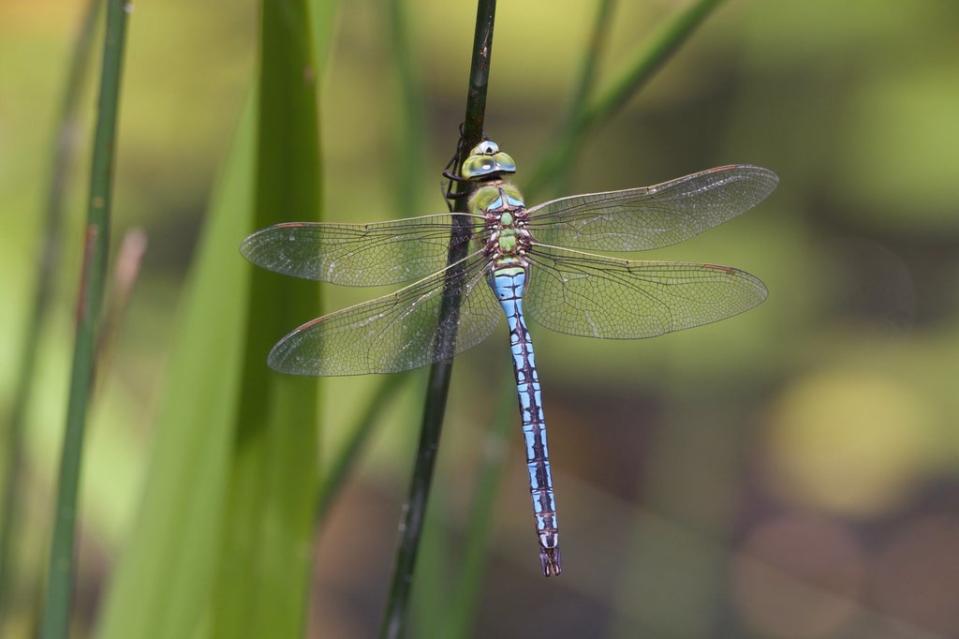Dragonflies move northwards across Britain as temperatures rise

Dragonflies are spreading further towards the north of the UK and Ireland as a result of climate change, according to a new report.
Concerns have been raised about the loss of insect populations due to factors such as pollution and habitat loss.
Experts at the British Dragonfly Society say its a sign of temperatures increasing, reports BBC News.
The State of Dragonflies 2021 study also found more than 40 per cent of species have increased their distribution since 1970 while only about 10 per cent have declined.
Several species of dragonfly have reached the British Isles from southern Europe for the first time since 1995, with at least two other returning after long absences.
Conservation officer Eleanor Colver said the data cannot say exactly how many dragonflies there are or whether numbers have increased overall.
She said: “Factors such as the use of pesticides [reducing their flying insect prey], water pollution and habitat loss continue to threaten the health of dragonfly populations within species' existing ranges.”
The data has however been able to plot where they are.
The report’s co-editor Dave Smallshire said: “The increase in many species, if not all, we can put down to a combination of climate warming and more or better wetland habitats such as an increase in the number of ponds, lakes, gravel-pits and reservoirs in recent decades.
“The overwhelming message is that global climate change - and in the case of Britain and Ireland - significant climate warming is likely to have had an over-riding effect on many of these changes.”
The report incorporates 1.4 million records from 17,000 recorders gathered from 1970 onwards, assessing 46 species of dragonflies damselflies across Britain and Ireland.
However, scientists have grown increasingly concerned about the decline of some populations of insects.
Read More
Nationwide booster jab programme may not be needed, AstraZeneca boss says
BrewDog teams up with Asahi to launch joint venture ‘BrewDog Japan’
Johnson to defend his handling of the Afghanistan crisis to MPs

 Yahoo Finance
Yahoo Finance 